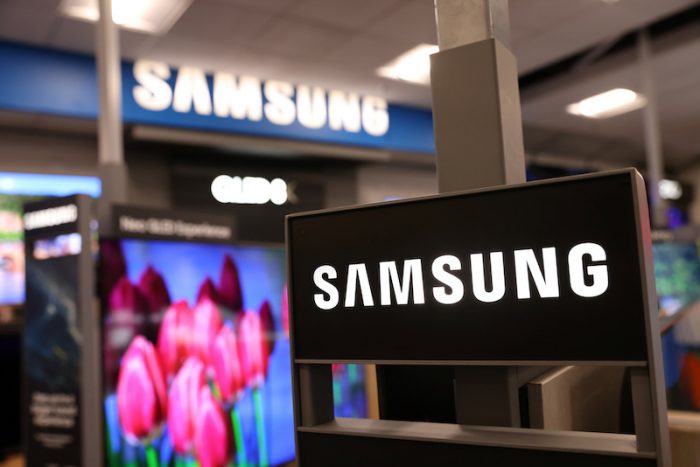Samsung Electronics warned on Tuesday that its fourth-quarter operating profit could drop by at least a third.
While prices for memory chips improved, persistent and weak consumer demand in many of its businesses was worse than analysts expected.
Samsung – the world’s largest memory chip, smartphone and TV maker – estimated in its preliminary results that its operating profit fell to 2.8 trillion won ($2.13 billion) in October-December from 4.31 trillion won a year earlier.
The profit missed a 3.7 trillion won LSEG SmartEstimate, weighted toward forecasts from analysts who are more consistently accurate.
ALSO SEE: Honda Planning $14 Billion Mega EV, Battery Plant in Canada
Lower-than-expected profit from Samsung’s chip contract manufacturing, mobile processors, television and home appliance businesses may have caused Samsung to fall short of forecasts, analysts said.
Rival LG Electronics on Monday flagged fourth-quarter operating profit of 313 billion won, well below estimates due to intensifying competition and higher spending on marketing in the television and home appliance markets to revive consumer demand, which has been hurt by high inflation.
“The only thing that has improved is memory chips, and that’s because Chinese PC and mobile makers began restocking memory chips in fourth quarter after using up their own stocks for so long,” Lee Min-hee, an analyst at BNK Investment & Securities said.
“Consumer demand is still not great, and unless interest rates are lowered and the economy stimulated, it may not improve much.”
Samsung’s mobile business likely saw shipments of its two flagship foldable models fall about 1 million units each versus the third quarter, leading to a slight dip in earnings, analysts said.
Shares in Samsung Electronics closed 2.4% lower compared with a 0.3% drop in the wider market.
DRAM chip prices rebound
Despite being weaker than expected, this is Samsung’s smallest on-year profit drop in five quarters, albeit from a low base – after reporting a 31% drop in the third quarter of 2022 – as a memory chip glut from slow demand for gadgets caused a severe industry downturn last year.
Samsung’s chip division likely reduced its fourth-quarter loss versus the 4.36 trillion won and 3.75 trillion won in the second and third quarters, analysts said, with its memory chip earnings improving with DRAM business returning to a profit.
A recovery for memory chips is expected this year as prices rebounded in the December quarter after production cuts, with the trend expected to continue.
Mobile DRAM chip prices rose an estimated 18%-23% during the fourth quarter, while mobile NAND flash chip prices rose 10%-15%, according to data provider TrendForce.
The company is due to release detailed earnings on January 31.
“Later this month, investors will be interested to hear Samsung’s plans that will drum up demand for more memory chips per device, such as on-device artificial intelligence,” Lee said.
- Reuters with additional editing by Jim Pollard
ALSO SEE:
Samsung Designs Generative AI Tech, For Use in Its Devices
Samsung Set For 80% Profit Dive as Chip Glut Bites: Analysts
South Korea’s Samsung, SK Hynix Win US Chip Tech Export Waivers
Samsung to Follow Through With Cuts Despite Chip Recovery
Korean Chip Exec’s Samsung Secrets China Plot Trial Under Way
























